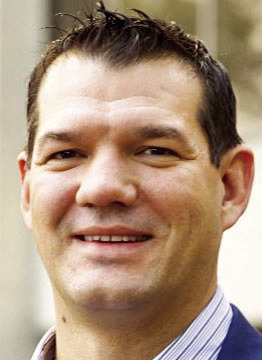Design work is moving forward on a second $5.1 million wastewater treatment plant, with development- backed funding covering most of the cost, officials said.
City Council unanimously approved July 15 an agreement with Ward, Getz & Associates to begin designing the project, which has been part of the city’s Capital Improvement Plan for nearly two decades. Development Services Director Beau Perry said existing development agreements ensure that the majority of costs will be covered by municipal utility districts — not taxpayers.
“Growth on the west side, especially along County Line Road, made it clear we needed to move,” Perry said.
The new facility will be built in phases on about 38 acres near Littig and County Line roads, eventually reaching a capacity of up to 6 million gallons per day. The first phase will handle 3 MGD, with four MUDs accounting for 1.87 MGD — about 61% of the initial capacity — already committed to covering their share of land acquisition, permitting and construction costs.

“We’ve set a baseline expectation with every development coming into Elgin,” Perry said. “Taxpayers are not paying for development — that’s been a consistent stance from this council.”
The city’s portion of the design cost is estimated at roughly $2 million and will be paid using impact fees collected from new development. Perry emphasized that no funds from the general or utility budgets will be used.
Rather than building a facility sized only for current needs, the council opted to design a larger plant that can support future growth under the same cost-sharing model. Perry said the design phase is expected to take up to 18 months, with the plant potentially operational in about four years.
In the meantime, all new developments will continue routing wastewater to the city’s existing treatment plant, which still has capacity, according to Perry.
“Every single home that connects to the city’s sewer is paying its share of what taxpayers originally put in the ground,” he said. “It’s a model that’s working — and one that helps us plan responsibly as Elgin grows.”
.png)







